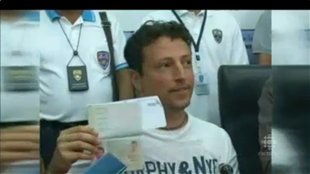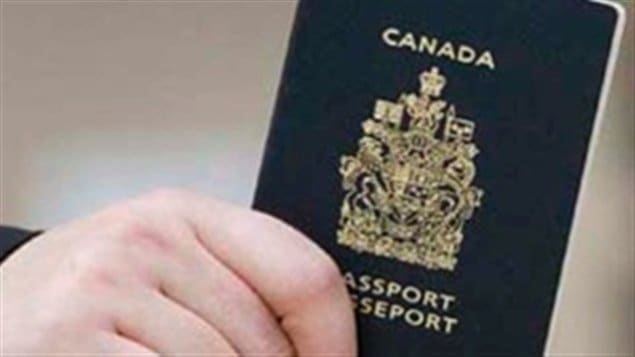The search for Malaysian Airline flight 370 revealed that two passengers were travelling on stolen passports, and the fact that this often happens. In the case of this jet which disappeared after leaving Kuala Lumpur March 12, investigators eventually rejected the notion the two had any links to terrorism. They believe that at least one was simply trying to get into Europe, perhaps as a refugee claimant.
Travel on stolen passports ‘common’
But the discovery of the stolen passports raises questions about how many people travel on stolen documents and how such a security breach can happen. “It’s a lot more common than people might think,” says Chris Mathers, a security consultant and former officer with Canada’s national police, the RCMP. He notes that many refugees travel on stolen documents and then dispose of them before they get to the country from which they seek asylum. He adds, backpackers often sell their passports to finance their travels.

Four out of 10 travellers not screened
The international police organization, Interpol says it is seriously concerned that about four out of every 10 international passengers are not being screened against its vast database of passports.
Some countries are more diligent than others. In 2013, the U.S. searched the Interpol database more than 238 million times, the U.K. more than 140 million times and the UAE more than 104 million times. Interpol adds that terrorists, murderers and war criminals have been identified as having travelled using stolen passports.
Airline personnel can’t access Interpol database
“Canada does pretty much nothing,” says Mathers. “The only person that looks at your identification when you get on an aircraft in Canada is the (airline’s) ground crew.” Mathers says airline personnel are unqualified to recognized forged or altered documents and they do not have access to Interpol’s database. He believes it is up to each country’s law enforcement officials to do the checks.
Most countries don’t use databases
Interpol says fewer than 20 of its 190 member countries systematically checked passports of international travellers against its databases last year. It adds that if countries are not doing the checks, then private industry should and it is prepared to put in place what it calls a “vital passenger security measure.” Mathers however, doesn’t think airlines would like to take on more security checks than they already carry out, nor does he believe passengers would welcome the extra time they would take.
The traffic of stolen passports is an issue of corruption, believes Mathers. He thinks Canada should pressure countries to crack down on officials and airline personnel who enable what is an illegal and lucrative business.







For reasons beyond our control, and for an undetermined period of time, our comment section is now closed. However, our social networks remain open to your contributions.